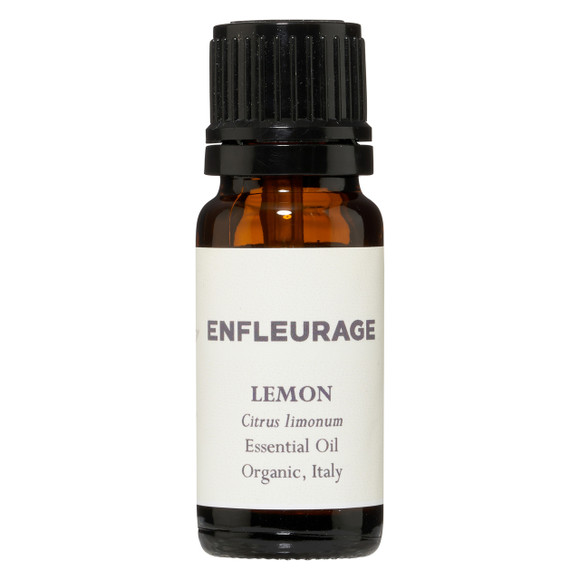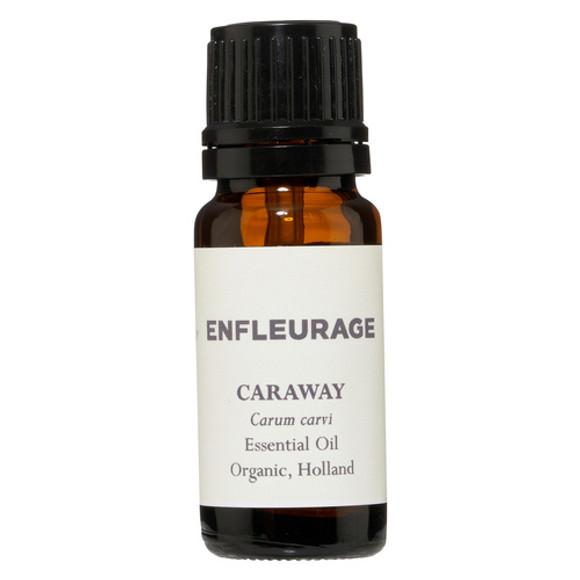Lime Peel Essential Oil
Delicious, mouth-watering lime, pressed from the peel of organically grown fruit, in Mexico
Product Information
Citrus aurantium Swingle
Rutaceae family
Unripe fruit is organically grown and pressed in Mexico.
All citrus have some actions in common. With only a couple of exceptions, citrus oil is always pressed from the peel, not distilled. All citruses have an uplifting, happy feel.
These are considered key limes, smaller than some other varieties one might see in the grocery store—they are generally full of seeds, and don’t have as much juice as the larger, Persian limes. Usually they are pretty small and hard. Key lime juice has traditionally been held in higher esteem for its scent than the Persian limes.
Lime originates from India and Burma, and was carried, like other citruses, around the world.
Lime Tree
green aces glisten
sun drops diamonds in grass
-lime tree after rain
by Kurt Ravidas
Arctander says
Pressed lime oil is yellowish green, olive green, to dark green mobile liquid of intensely fresh, rich, and sweet odor, reminiscent of the peel. He says that in perfumery it gives interesting modifications to neroli in cologne bases, chypre bases, and an excellent topnote to modern aldehydic perfumes. It blends exceedingly well with all other citruses, citronella, lavender, lavandin, rosemary, clary sage, etc and especially anywhere the topnote is over-sweet. He thinks highly of using lime in ambres, and recognizes the tenacity of lime as quite outstanding. The natural fixatives in the oil are derivatives of coumarin, and their spicy-herbaceous and sweet-balsamic odor is distinctly perceptible in the dryout of expressed lime oil even after several days on a perfume blotter.
He goes on to say that expressed lime is true to taste in flavors but is not often used—he doesn’t explain this, though. So I’m skeptical. He says it has an excellent effect on masking garlic or protein like flavors and goes on in some length to explain this, citing food from the British Empire….one can imagine.
He recommends blending pressed lime with lemon for flavors for sorbet, carbonated beverages, hard candy etc. He compares using lime to modify lemon (and vice versa) to spearmint and peppermint.
Battaglia says
Pressed lime is commonly used for the following actions:
Marked with * means supported by clinical studies
Antidepressant
Antimicrobial*
Antiseptic*
Antiviral
Astringent
Bactericide
Carminative
Chemoprotective*
Digestive*
Disinfectant
Febrifuge
Hemostatic
Hepatobiliary
Insecticide
Lymphatic Stimulant
Stomachic
Tonic
To read more of Battalgia’s considerable information and advice concerning lime oil, see The Complete Guide to Aromatherapy.
Safety Warning
As with most essential oils, dilute before using on skin. Perform a patch test before use if essential oil sensitivity is suspected. Do not take essential oils internally. Do not use on children or pets. Seek advice from a trained aromatherapist before using on people with compromised immune systems. Keep away from eyes and mucus membranes.
Enfleurage makes no medical claims relating to any products, essential oils or otherwise, on our website or through social media. We are an essential oil company, not doctors, The FDA has not evaluated the statements on this website. We present our information in order to educate our customers on traditional and general uses of essential oils; in no way do we diagnose, cure, treat, or prevent any disease or condition.
You the customer are responsible for understanding the safe use of any and all of our products, including essential oils, and use them accordingly.
2.12.0.0
2.12.0.0
2.12.0.0
2.12.0.0
















